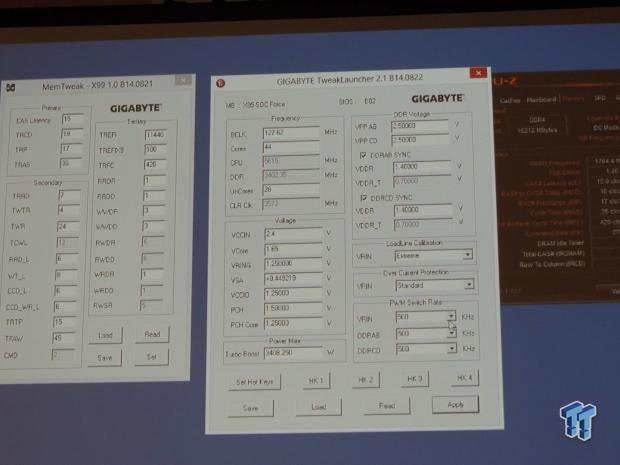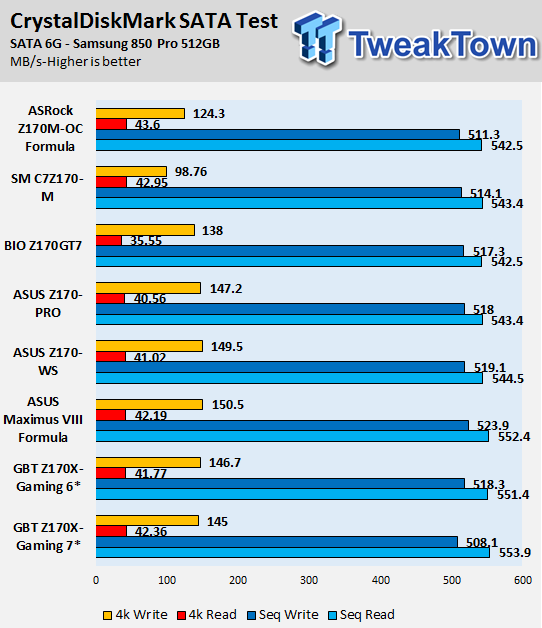


Not content to stop there, AMD recently announced it would soon offer up a 16-core, 32-thread CPU, as part of its upcoming "Threadripper" enthusiast-chip lineup, which the company says we should see sometime this summer. And they deliver as many as 16 threads of compute performance at prices that are sometimes just half of Intel's similarly outfitted competition. The Ryzen chips are far more efficient and powerful than the company's previous-generation FX parts. Read our editorial mission (Opens in a new window) & see how we test (Opens in a new window).īut then, early in 2017, AMD burst back onto the high-end-computing scene with its Ryzen processors, headed by the top-end AMD Ryzen 7 1800X ($375.00 at Amazon) (Opens in a new window). Since 1982, PCMag has tested and rated thousands of products to help you make better buying decisions. Sure, Intel stepped things up at Computex 2016 with the 10-core Core i7-6950X Extreme Edition ($317.34 at Amazon) (Opens in a new window), but that chip was priced at an eye-bugging $1,600-plus. And as a result, particularly in the last few years, its raw compute-performance gains have been modest (to put it mildly) from one chip generation to the next. Because of this, Intel was able to shift its focus to power efficiency for the larger laptop market without the need to protect its flanks. AMD's FX processor line, which debuted with the AMD FX-8150 way back in 2011, was serviceable, but it never really offered Intel any real competition above the Core i5 level. In the computing world, we've seen no better indication of that than the high-end desktop market over the last several years.

Whether it's the market for cars, fresh fruit, or the world's most advanced silicon, competition is important.

How to Convert YouTube Videos to MP3 Files.How to Save Money on Your Cell Phone Bill.How to Free Up Space on Your iPhone or iPad.How to Block Robotexts and Spam Messages.


 0 kommentar(er)
0 kommentar(er)
